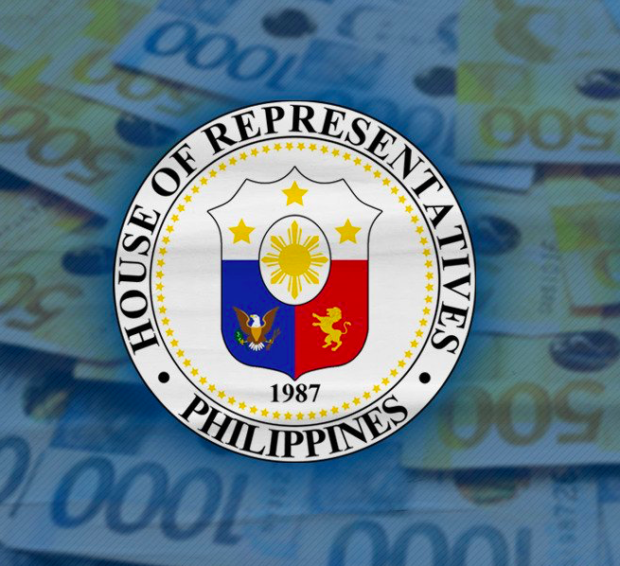MANILA, Philippines — Amid claims of funding deficiencies, the national government has yet to release around P192 billion worth of “for later release” (FLR) funds, with just four months remaining before the end of the fiscal year.
Quirino Rep. Junie Cua, who was sponsoring the proposed 2022 budget of the Department of Budget and Management (DBM), bared this Thursday as lawmakers continue to question the delay in the release of the funds, most which are for infrastructure projects in their jurisdictions.
“As of August, the remaining unreleased is P192 billion,” Cua said when asked by Marikina City Rep. Stella Luz Quimbo about the unreleased FLRs.
According to Cua, government agencies where the FLRs are lodged are tasked to determine if the projects are already implementation-ready. It is then the Office of the President that decides when the FLR will be released.
“In other words, tinitingnan nila kung ano talaga ‘yung implementable na at hindi pa implementable (In other words, they are really checking if a project is implementable or not),” Cua said.
“Kasi kung nag-propose ng FLR na marami at hindi naman pala sila implementable kaagad kasi hindi dumaan sa proseso, e kahit release-an mo yan ng pera ay hindi rin mai-implement, matutulog lang yung pera doon,” he added.
(Because if you propose an FLR and they are not implementable right away because it did not follow the process, then even if you release funds for it, it will not be implemented. The budget will just stall there.)
The DBM earlier bared that some billions of funds in the Department of Public Works and Highways (DPWH) tagged as FLR had been submitted to the Office of the President for review.
Unconstitutional
However, several lawmakers, including Quimbo, have questioned the constitutionality of the move for President Rodrigo Duterte to review the FLRs after he already signed and approved the 2021 budget.
Lawmakers have said that Duterte could have instead vetoed the funds instead of reviewing it after approval as doing so violates the power of the purse of the Congress.
“Sa akin po, again, I stand by my position na tila unconstitutional. Dahil ang power of the purse naman rest with Congress (I stand by my position that this is seemingly unconstitutional. The power of the purse rests with Congress),” Quimbo said.
“Sa ngayon po nagkakaroon ng gray area because mayroong for later release na nangyayari after Congress and the Senate approved the budget. Sa aking palagay, hindi po ito constitutional,” she added.
(Right now, there is a gray area because we have for later release funds and these are happening after Congress and the Senate approved the budget. For me, this is unconstitutional.)
Cua, who also previously served as chairperson of the House committee on appropriations, admitted that while he is supposed to defend DBM’s budget, he shares Quimbo’s sentiments.
“I share your sentiment, I feel also that this kind of practice somehow diminishes the power of Congress,” Cua said.
Nonetheless, Cua said that it could also be a difficult situation for the national government to be in especially if funding source is a problem.
“If I were in the shoes of the President, and cash is a problem for me, I may have to do something like this (review), because when Congress approves, everybody expects immediately release and for the entire budget process, we never expected such substantial increase in the budget, medyo mahirap din yun (that’s a bit difficult too),” Cua said.
“But as a legislator, I really feel that it diminishes our effectiveness. I think there is a need to really look into the process,” he added.
